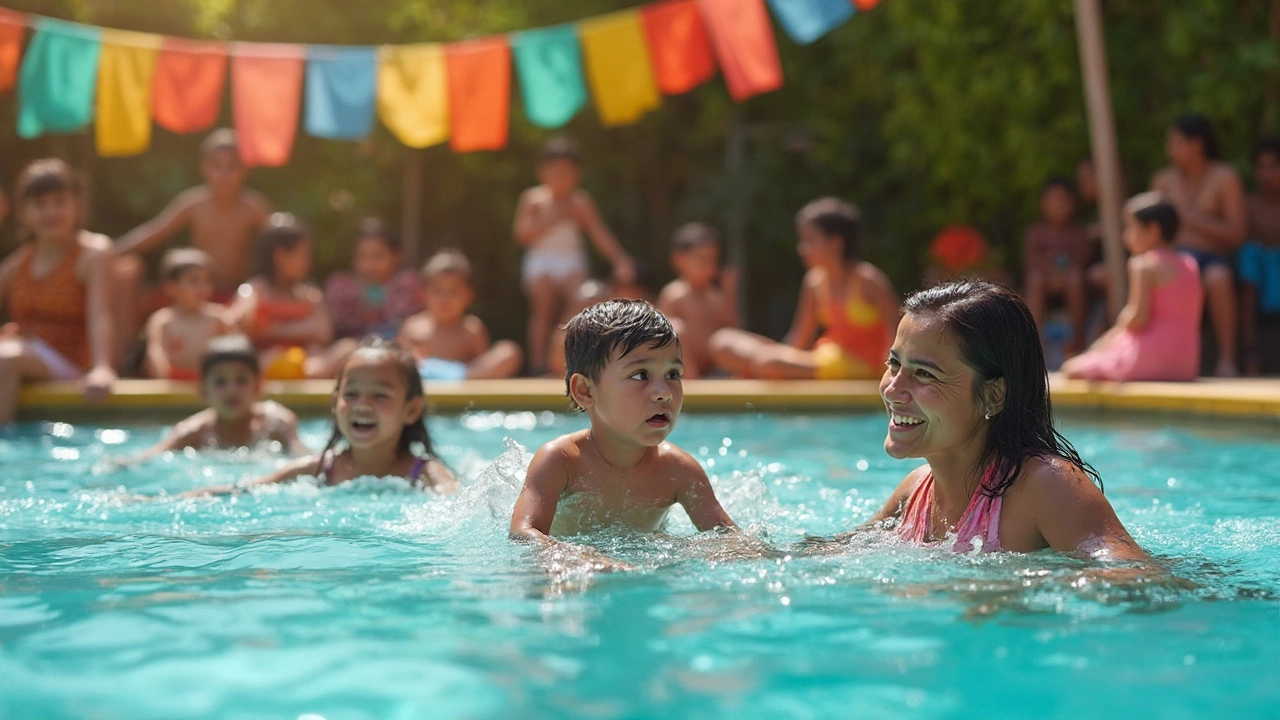Children & Sports: How to Keep Kids Active and Safe
Getting kids into sports doesn’t have to be a headache. A few simple steps can turn a boring afternoon into a fun, healthy habit that lasts a lifetime. Below are easy ideas you can try today.
Pick the Right Sport for Your Child
Start with what the child enjoys. If they love running, try soccer or track. If they’re more into coordination, basketball or swimming works well. Let them try a few activities before settling on one – a short trial class or a free community session is perfect.
Age matters, too. Younger kids (3‑7) benefit from games that focus on basic movement – hopping, throwing, catching. Older kids (8‑12) can handle structured drills and simple rules. Match the sport’s complexity with the child’s age to keep frustration low.
Keep Safety Front and Center
Injuries happen when we forget the basics. Make sure the child wears the right gear: a helmet for biking, shin guards for soccer, and a proper-fitting mouth guard for contact sports. Check that equipment isn’t worn out – cracked helmets or loose straps can be dangerous.
Warm‑ups are a must. Five minutes of light jogging, arm circles, and gentle stretching prepares muscles and reduces strains. Teach kids to listen to their bodies – a sore spot isn’t a badge of honor, it’s a sign to rest.
Hydration matters, especially in hot weather. Keep a water bottle handy and encourage a sip every 15‑20 minutes. A quick snack with carbs and protein after practice helps recovery and keeps energy steady.
Now that you have the basics, here are three quick habits to build a lasting sports routine:
- Schedule regular play. Block a consistent time each week for practice or games. Consistency beats intensity for kids.
- Celebrate effort, not just wins. Praise making good passes, trying new moves, or improving stamina. This builds confidence.
- Mix it up. Rotate sports every few months to avoid burnout and develop a well‑rounded skill set.
Remember, the goal is fun and health, not perfection. When kids enjoy what they do, they’ll keep moving long after the season ends.
Ready to get started? Grab a ball, a smile, and head outside. Your child’s next favorite sport might be just a backyard game away.
